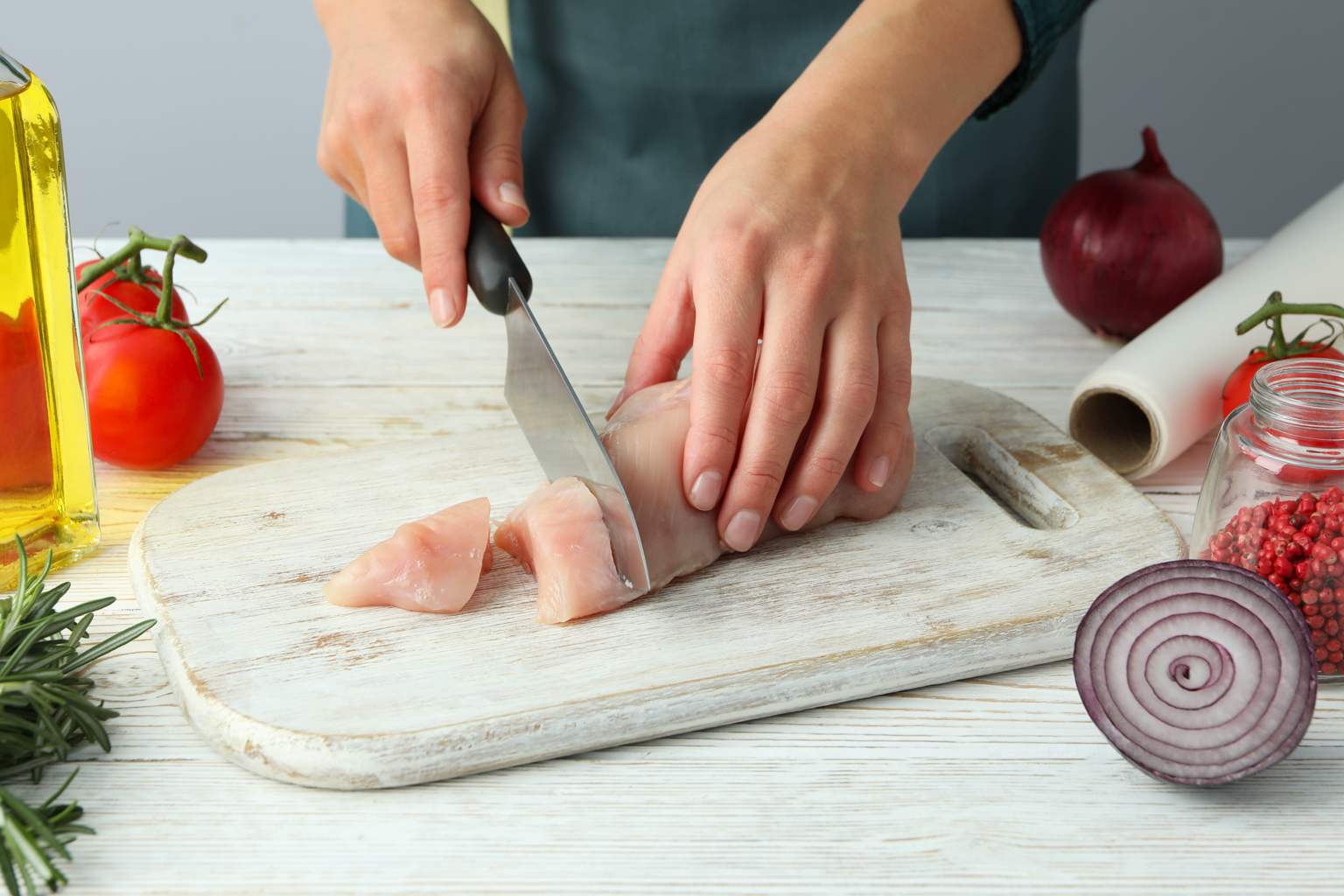Have you ever stopped to wonder about the real cleanliness of your cutting board? That everyday kitchen tool might be harboring more than just food particles. In the world of cooking, every utensil has a role—not just in the taste but also in the safety of your meals. Surprisingly, the humble cutting board often plays the biggest part in either spreading bacteria or keeping your kitchen safe.
The vital role of cutting boards in your kitchen
A cutting board is more than just a surface to chop vegetables or slice meats. It’s a frontline protector that touches almost everything you prepare. Renowned chef Eduardo Alemán emphasizes the importance of choosing a board that resists bacteria and supports food safety in daily cooking.
Cutting boards are usually overlooked, yet they can be a breeding ground for harmful microbes if not chosen or maintained properly. With so many options out there, it’s crucial to understand how your choice impacts not only your recipes but also your health.
The hidden dangers of traditional cutting boards
Plastic boards have long been popular because they’re durable and easy to clean. But over time, they can shed microplastics, tiny particles that might end up in your food, raising concerns about their long-term health effects. On the other hand, wooden boards are praised for their natural antibacterial properties, yet they demand meticulous care to prevent cross-contamination.
Many kitchens even use color-coded plastic boards—red for raw meat, blue for fish—to avoid mixing bacteria between food types. However, the wear and tear on these boards can hide cuts and grooves where germs love to hide.
Why bamboo cutting boards stand out
Enter the bamboo cutting board—a rising star in kitchen hygiene. Chef Eduardo Alemán points out that bamboo offers a perfect balance: it’s durable, naturally resistant to bacteria, and gentle on your knives. This makes it the go-to choice for chefs serious about cleanliness and efficiency.
Unlike plastic or traditional hardwood, bamboo doesn’t just stand up to daily use; it actively reduces bacterial growth thanks to its unique structure. Plus, its surface is less likely to dull your blades, making prep work smoother and safer.
Benefits of choosing and caring for bamboo boards
Bamboo boards are more environmentally friendly compared to plastic and heavy woods because bamboo grows quickly and requires fewer resources. They offer a smooth yet durable surface that’s less porous, so liquids and juices don’t soak in as easily, cutting down on bacteria buildup.
To keep your bamboo board at its best, clean it thoroughly after every use with warm water and mild soap. Occasionally wiping it down with food-safe mineral oil can restore its protective finish, keeping cracks at bay and extending its lifespan.
Using separate cutting boards for different food groups still applies—it’s the best way to avoid cross-contamination and maintain kitchen hygiene. But switching to bamboo helps you get one step closer to a safer, cleaner kitchen environment.
My personal experience with cutting boards
I used to never think twice about my plastic cutting board, until I read about microplastics and spilled raw chicken juice all over it one day. After switching to a bamboo cutting board, I noticed not only did my knives stay sharper longer, but cleaning became less of a chore. Plus, I felt reassured cooking without worrying about invisible germs lurking in deep scratches.
This switch also made me rethink other kitchen habits—like regularly sanitizing surfaces and using designated boards for meat and veggies. Sometimes a simple change like swapping your cutting board can spark healthier routines all over your kitchen.
Are you still sticking with plastic, or ready to make the switch? Share your experiences or questions below, and let’s talk about ways to keep our kitchens fresh and safe for everyone.

Bamboo is awful for knives, end grain wood is really worth the price.
I used a plastic cutting board…after it starts to get a blush of color that won’t come out with soap and a kitchen brush…..I bleach it. Then soapy clean again and or, put in dishwasher!! Not concerned about microplastics here….but will reduce plastics storage contai ners…..opt for more glass….using my old glass mason jars again!!!!
I have seen this same Temu ad 6 times while reading one article? What gives? I am so fed-up with this terrible treatment. Are they the only people you deal with?Amy Scott
Now I have seen this same ad 7 times! Why?